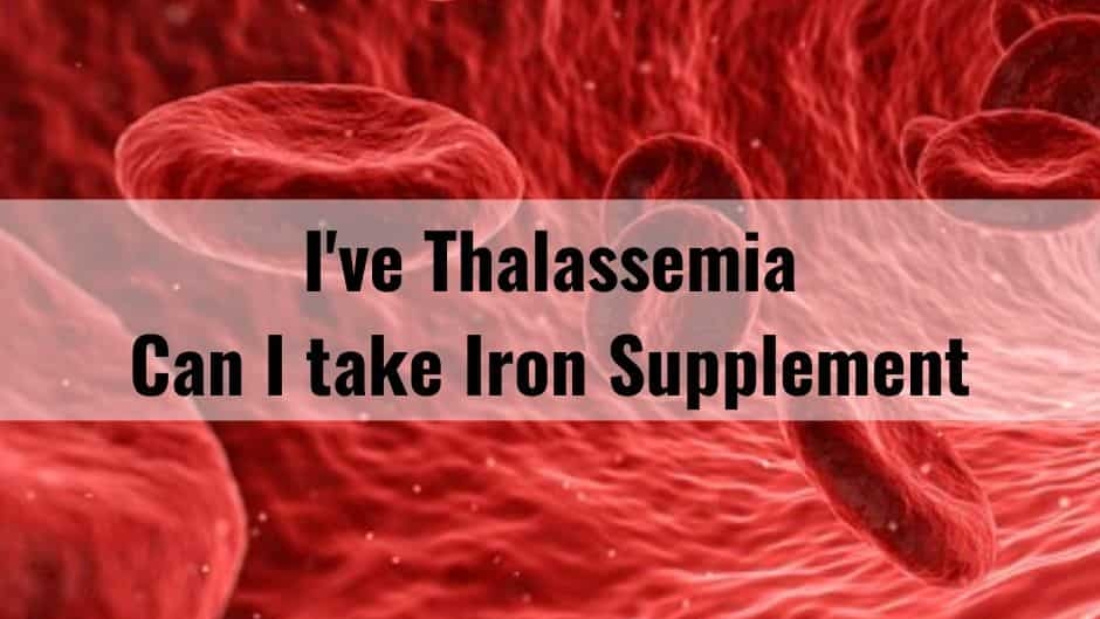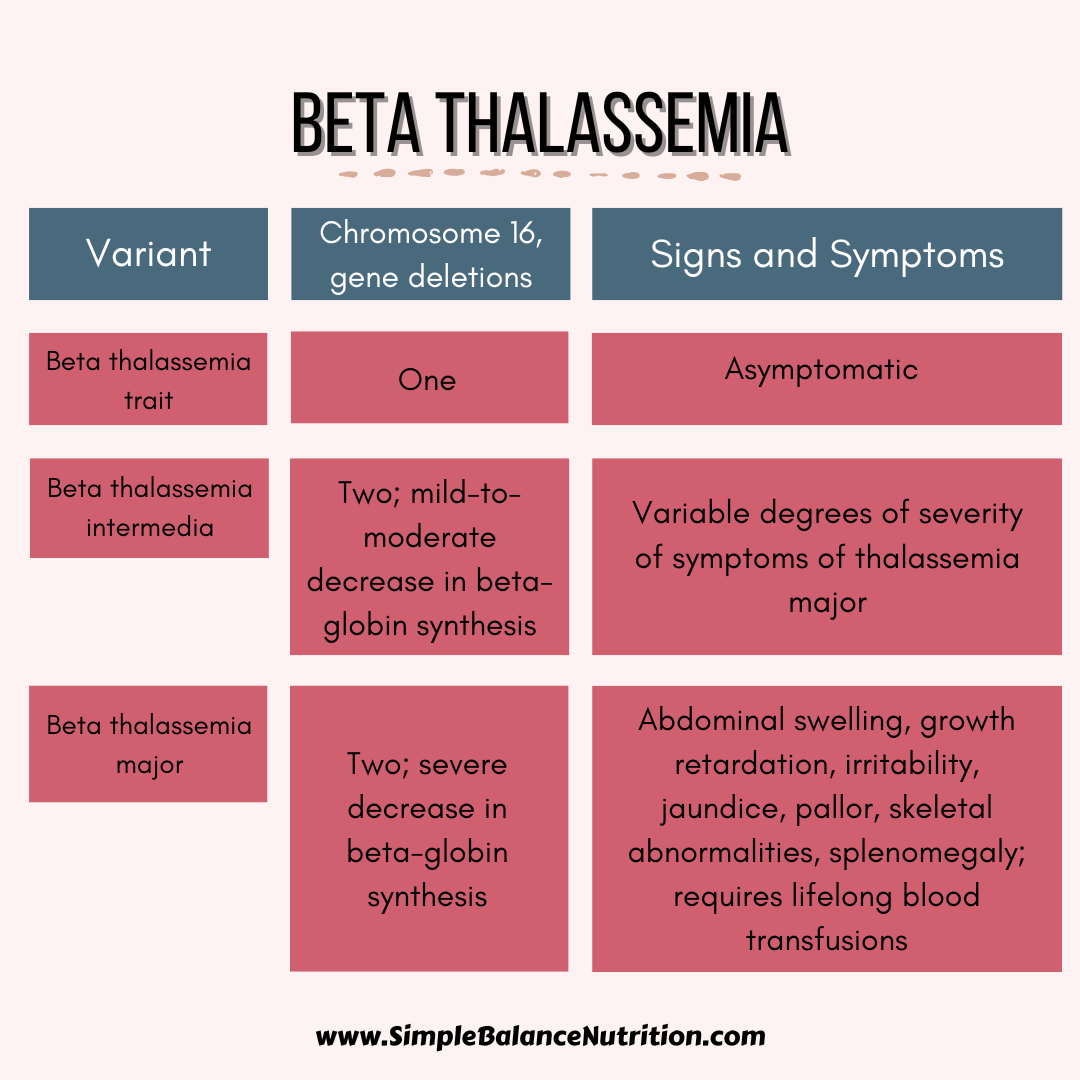Thalassemia is an inherited (i.e., passed from parents to children through genes) blood disorder that causes your body to make less hemoglobin or abnormal hemoglobin.
Hemoglobin is the oxygen-carrying component of the red blood cells. It consists of two different proteins, an alpha and a beta. If the body doesn’t produce enough of either of these two proteins, the red blood cells do not form properly and cannot carry sufficient oxygen. When there are not enough healthy red blood cells, there is also not enough oxygen delivered to all the other cells of the body, which may cause a person to feel tired, weak or short of breath. This is a condition called anemia.
People with thalassemia may have mild or severe anemia. Severe anemia can damage organs and lead to death.
DIAGNOSIS
Your doctor will do an examination and ask about your health history. Tests you may need include:
- A complete blood count (CBC): to measure hemoglobin and the quantity (size) of red blood cells.
- An iron level test: to identify whether the cause of the anemia is iron deficiency or thalassemia.
- A blood test (Hemoglobin Electrophoresis): to measures the amounts of different types of hemoglobin, to help find out which type of thalassemia you have.
- A gene test: to help confirm mutations in alpha and beta globin-producing genes.
TYPES OF THALASSEMIA
When we talk about different “types” of thalassemia, we might be talking about two things:
- the specific part of hemoglobin that is affected – alpha or beta
- the severity of thalassemia – trait, carrier, intermedia, or major
Alpha Thalassemia
People whose hemoglobin does not produce enough alpha protein have alpha thalassemia. There are four types of alpha thalassemia that range from mild to severe in their effect on the body.
- Alpha Thalassemia Silent Carrier
- Alpha Thalassemia Trait or Mild Alpha Thalassemia
- Hemoglobin H Disease
- Alpha Thalassemia Major

Beta Thalassemia
People whose hemoglobin does not produce enough beta protein have beta thalassemia. There are three types of beta thalassemia that also range from mild to severe in their effect on the body.
- Beta Thalassemia Trait
- Beta Thalassemia Intermedia
- Beta Thalassemia Major or Cooley’s Anemia
TREATMENT
Treatments for thalassemias depend on the type and severity of the disorder.
People who are carriers or who have alpha or beta thalassemia trait have mild or no symptoms. They’ll likely need little or no treatment.
1. Blood Transfusions
- Hemoglobin H disease or beta thalassemia intermedia, may need blood transfusions on occasion.
- Beta thalassemia major (Cooley’s anemia), they’ll likely need regular blood transfusions (often every 2 to 4 weeks). These transfusions will help you maintain normal hemoglobin and red blood cell levels.
2. Iron Chelation Therapy
The hemoglobin in red blood cells is an iron-rich protein. Thus, regular blood transfusions can lead to a buildup of iron in the blood. This condition is called iron overload. It damages the liver, heart, and other parts of the body.
3. Folic Acid Supplements
Folic acid (1-2 mg) is a B vitamin that helps build healthy red blood cells.
4. Blood or Bone Marrow Stem Cell Transplant
A blood and bone marrow stem cell transplant replaces faulty stem cells with healthy ones from another person (a donor). Stem cells are the cells inside bone marrow that make red blood cells and other types of blood cells.
A stem cell transplant is the only treatment that can cure thalassemia. But only a small number of people who have severe thalassemias are able to find a good donor match and have the risky procedure.
BOTTOM LINE
- Thalassemia is an inherited condition affecting hemoglobin production. The most common outcome is anemia but complications include spleen enlargement and bone problems.
- Treatment depends on the severity of the thalassemia but may involve regular blood transfusions.
- People with thalassemia may be advised to avoid iron supplements and foods rich in iron because they are at risk of iron overload.



Leave A Comment